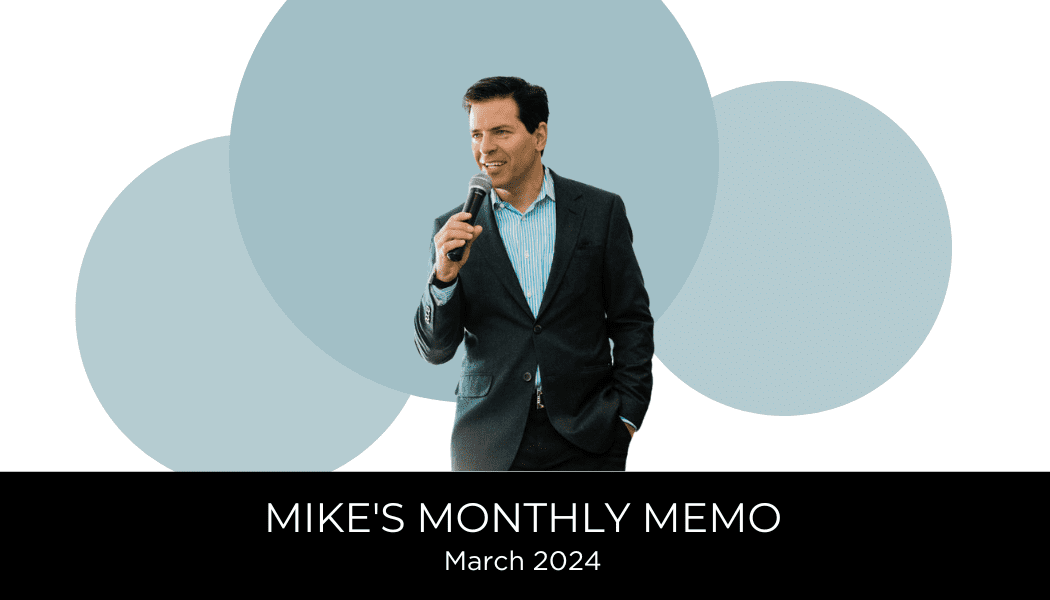
A popular policy proposal among housing-affordability advocates, a possible vacant-home tax for Toronto has attracted criticism from the real estate industry.
Difficulty with enforcement and the associated costs and a lack of data on unoccupied homes are issues cited by detractors of the tax, the subject of a city-led public consultation.
“I hate to be cynical, but I don’t have confidence that the revenue generated from this tax (if any) would actually go to improving the supply of new affordable housing, or renovating existing community housing,” Ben Myers, senior VP of market research and analytics for Fortress Real Development, told Harvey Kalles Real Estate (HKRE) in an email.
“If it can actually free up units for Torontonians, and it generates more revenue than it costs, I’m all for it,” he added. But Myers suggested if the city implements a levy on vacant homes, policymakers will scuttle it in two years due to ineffectiveness.
In a recent news release, the Toronto Real Estate Board (TREB) recommended a cautious approach to the tax, which policymakers hope would encourage owners of vacant homes to put their dwellings on the drum-tight rental market, citing concerns of unintended consequences.
“At this time, it is not clear that the issues targeted by a vacancy tax are fully understood, nor is it clear how effective such a policy would be, or if it would have unintended outcomes that run counter to the stated City benefit of increasing rental supply,” said the board’s president, Tim Syrianos, in a statement.
Like Myers, the board noted the difficulties administrators would face with the policy, from tracking vacant homes to budgetary issues. TREB suggested the city could lose money, pointing out it cost Vancouver $5 million to implement a similar levy that netted the city $700,000 in revenue annually.
Generation Squeeze, a BC-based group advocating for affordable housing and a supporter of the Vancouver measure, has brought its campaign to Toronto, and it supports measure.
“It’s an important thing for us to try to do,” said the non-profit organization’s founder, Paul Kershaw in a telephone interview.
“The vacant homes tax in my view is like the perfect example of government trying to operationalize the idea of homes first, investment second,” he told HKRE.
In terms of concerns about enforcement, it should be mandatory for homeowners to declare their home is vacant, which is how Vancouver’s levy works, said Kershaw. He also said Toronto city staff should use hydro and water data to “hone their attention” to possible vacant homes.
Kershaw said there are 17,000 Toronto homes that don’t have hydro turned on regularly, suggesting they aren’t regularly occupied. That tally is close to the number of units contractors are building in Toronto, he said.
Builders broke ground for 19,617 housing units in 2016, according to Canada Mortgage and Housing Corporation.
“We have effectively minimally, one year’s worth of supply not actually out there on the market for people to either rent or potentially buy, so it’s a big chunk of supply,” he explained.
Photo Credit: Flickr user Russell Davies





1 Comment
Comments are closed.